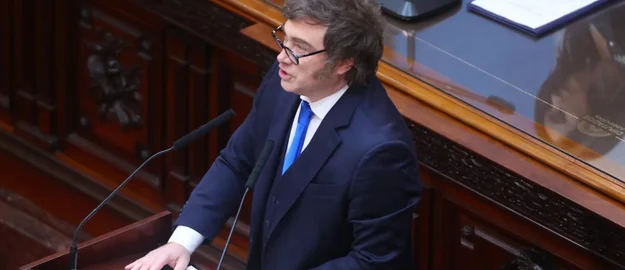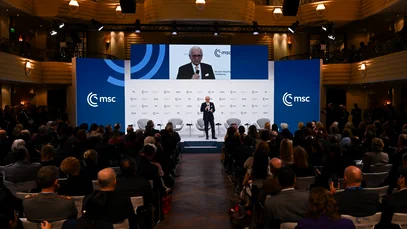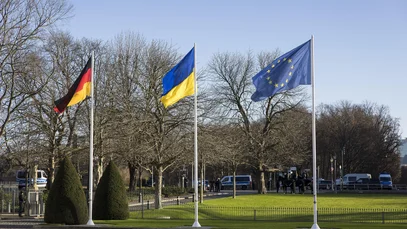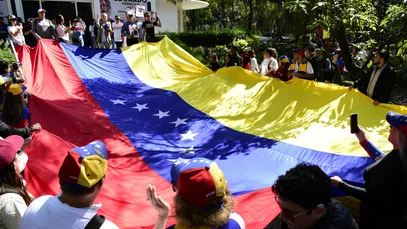Friedrich-Naumann-Stiftung für die Freiheit
-
Milei’s Reform Agenda Off to a Strong Start in 2026
The parliamentary summer recess was canceled: instead of holidays at the beach, President Javier Milei used special sessions to push through key reforms with clear majorities even before the start of the parliamentary year.
-
Events
-
Munich Security Conference: 3 Takeaways for Europe’s Future
There was consensus among Europeans in Munich: the international order has changed. Major powers threaten to monopolize power. How must Europe reshape its foreign and defense policy?
-
Four Years of the Zeitenwende
On February 24, 2022, Putin invaded Ukraine. This changed the world. What happens next?
-
Venezuela needs democracy - as soon as possible!
Maduro has been removed from power, but the United States is leaving open what this means for the country’s future.
-
Venezuela needs democracy - as soon as possible!
Maduro has been removed from power, but the United States is leaving open what this means for the country’s future.




